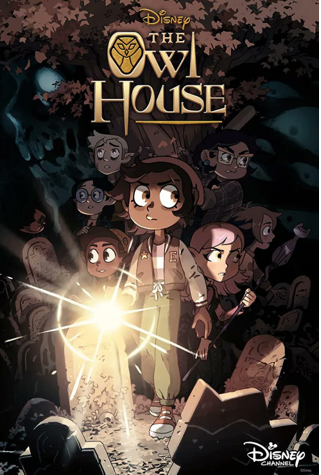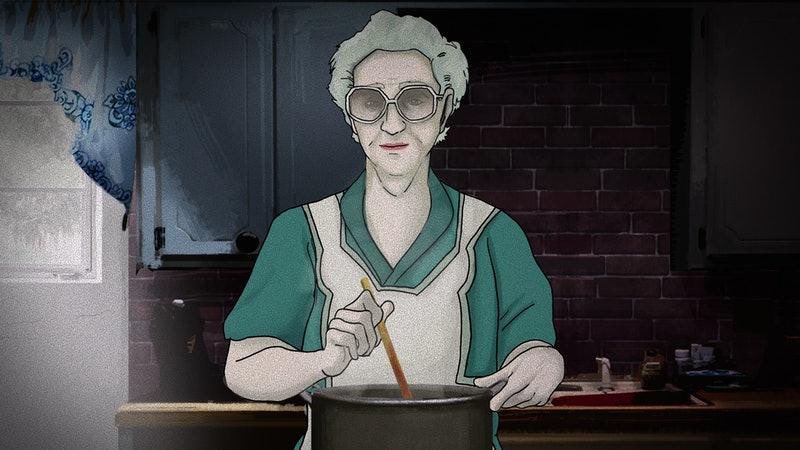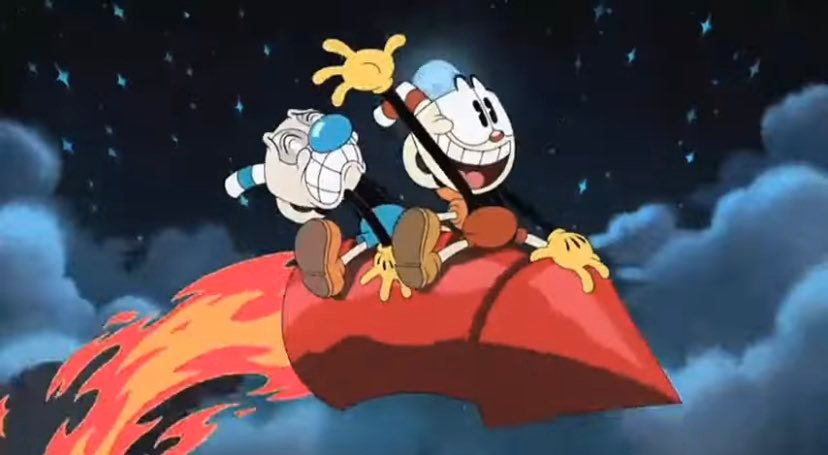Standing behind what you believe is right is usually honored in every society. That is, of course, unless you are Adolf Hitler. ‘Downfall’ follows the story of Hitler’s final ten days in Berlin in 1945. The film is what should be considered an epic drama detailing his time in his bunker up until his death.
Released in the United States in 2005, this German film did very well in the European market. In this country, however, it’s not widely known despite being nominated for an Academy Award for ‘Best Foreign Language Film.’
Directed by Oliver Hirschbiegel, this film was his first taste of wide-spread success and, as of right now, still his only. However, don’t let his other works influence your decision of whether or not to watch this, because this movie is well produced from beginning to end.
This film certainly captivates its audience. There will certainly come a moment in this film where you will feel bad for Hitler for perhaps the one and only time in your life. The betrayals that are shown on screen show you how his regime collapsed around him due to an uncooperative staff of ranking militants. Misleading information and false reports make the leader lose his mind in a way that makes him reckless and delusional in his battle plans.
During this film, there are two parallel stories taking place which are intertwining and feeding off of each other. The story starts three years before the collapse of the Nazi empire with the Führer choosing his new secretary. He takes a quick liking to his new typist Traudl Junge, played by Alexandra Maria Lara. A quick jump three years forward to Hitler’s 56th birthday and you still see Miss Junge at his side. Junge has an unbelievable and almost inconceivable amount of trust and respect for Hitler. She vows to stay by his side and does not want to flee Berlin as most of his staff are ordered to.
Bruno Ganz plays a very convincing version of the infamous dictator. There is much to be said about his rants and tantrums that make his portrayal extremely real. Ganz does an unbelievable job with Hitler’s voice and mannerisms. The audience can feel his despair and recklessness. Up until his final moments he believes that Germany can win the war. Up until he is left by Himmler his, unfaithful as it turns out, right hand man his vision for Germany is still the same.
One of the unique features of this production is the sense that there are certain civilians and soldiers who will do anything for the continuation of fascism. From children soldiers to the under supplied doctors, Hirschbiegel reminds you that it wasn’t just the Nazis and the SS men who lost.
In Germany and around Europe, this movie has been the subject of much debate due to its undermining of the Nazi ranking officials. The tension swirls between those who feel that Hitler is shown to be too compassionate in this film and those who feel that he is not being shown as he actually was, a ruthless killer of millions of people. We may never know how true of a depiction this is, but one thing is for certain, it sure is a convincing one.










